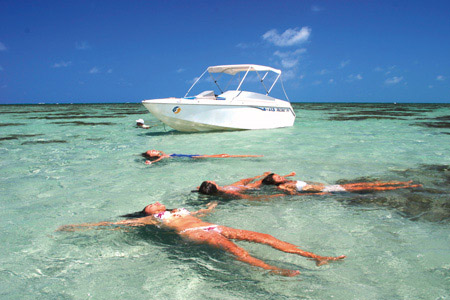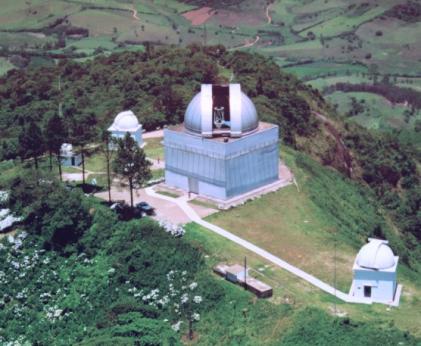
ANTÔNIO CARLOS VIEIRA LOPES
*
Formado pela Faculdade de Medicina da Universidade Federal da Bahia, em 1965.
Residência Médica, de 1966 a 1967, na Maternidade Climério de Oliveira, da UFBa.
De 1968 a 1970, fez aperfeiçoamento em research Fellow, na Cornel University, nos Estados Unidos.
De 2004 a 2007, realizou doutorado em Medicina e Saúde Pública, na Universidade Federal da Bahia, da qual foi Professor Adjunto e Chefe do Departamento de Ginecologia, Obstetrícia e Reprodução Humana.
Presidente da Associação Baiana de Medicina, membro da Câmara Técnica de Ginecologia e Obstetrícia do Conselho Regional de Medicina da Bahia, Vice-Presidente da Sociedade Brasileira de Medicina Fetal e sócio da Federação Brasileira das Sociedades de Ginecologia e Obstetrícia.
Professor da UNIUFACS e membro do corpo clínico do Hospital Aliança, em Salvador.
Participa do corpo editorial da Revista Brasileira de Saúde Materno Infantil e do periódico Fêmina (da Federação Brasileira de Sociedades de Ginecologia e Obstetrícia).
Artigos completos, publicados em periódicos, 16. Capítulos de livros, 3. Trabalhos completos publicados em anais de congressos, 4. Resumos publicados em anais de congressos, 22. Participação em bancas examinadoras de concursos para o corpo docente da Universidade Federal da Bahia e da Universidade Federal de Sergipe, 13. Participação em eventos da especialidade, 276.
FONTE BIBLIOGRÁFICA:
Antônio Carlos Vieira Lopes. Disponível em http://buscatextual.
.cnpq.br/buscatextual/visualizacv.jsp?id=K4773118E8. Acesso em 25 de julho de 2009.
=======================
O BLOG DE GIULIANA
(FILHA DE ANTÔNIO CARLOS VIEIRA LOPES)
3 ANOS, 9 MESES, 16 DIAS DE IDADE EM 12/09/2008

Esse aí é o Dr. Antônio Carlos Vieira Lopes! Assim que mamãe engravidou de mim o médico endocrinologista dela o indicou. E foi confiança à primeira vista!! Sempre muito calmo, tranquilo, paciente e principalmente competente. Dr. Antônio Carlos é um médico obstetra muito famoso na Bahia.
"Ele possui graduação em Medicina pela Faculdade de Medicina da Bahia da Universidade Federal da Bahia, (1965) , Residencia Médica em Ginecologia e Obstetícia pela Faculdade de Medicina da Universidade Federal da Bahia. Título de Especialista em Ginecologia e Obstetrícia (TEGO) pela Febrasgo. Doutorado em Medicina e Saúde pela Faculdade de Medicina da Bahia da Universidade Federal da Bahia . Atualmente é professor Associado I, aposentado, da Faculdade de Medicina da Bahia da Universidade Federal da Bahia, Presidente da Associação Bahiana de Medicina, Membro da Câmara Técnica de Ginecologia e Obstetrícia do Conselho Regional de Medicina do Estado da Bahia, Vice Presidente da Sociedade Brasileira de Medicina Fetal , Sócio da Federação Brasileira das Sociedades de Ginecologia e Obstetrícia e Membro do Corpo Clínico do Hospital Aliança. Tem experiência na área de Medicina, com ênfase em Ginecologia , Obstetricia e Medicina Fetal, atuando principalmente nos seguintes temas: gravidez, gravidez de alto risco, medicina fetal,diagnóstico pré-natal de anomalias genéticas."
É isso aí...ele é ou não é? Mas pra mim independente da quantidade de títulos que ele tenha, foi ele quem me colocou nos braços do meu papai assim que nasci, foi ele quem me trouxe ao mundo e me apresentou as pessoas mais importantes da minha vida: minha mamãe e meu papai!
Depois que nasci nunca mais o tinha visto. Na última consulta da mamãe pra ver a Luisa, papai tirou uma foto nossa juntos pela segunda vez...Pena que mamãe não tem aqui a foto que papai tirou minha com ele ainda na sala de parto...mas depois mamãe posta pra vocÊs verem a diferença do meu tamanho, hehehehe.
Vou indo nessa...
Beijos,
Giulia








.jpg)







